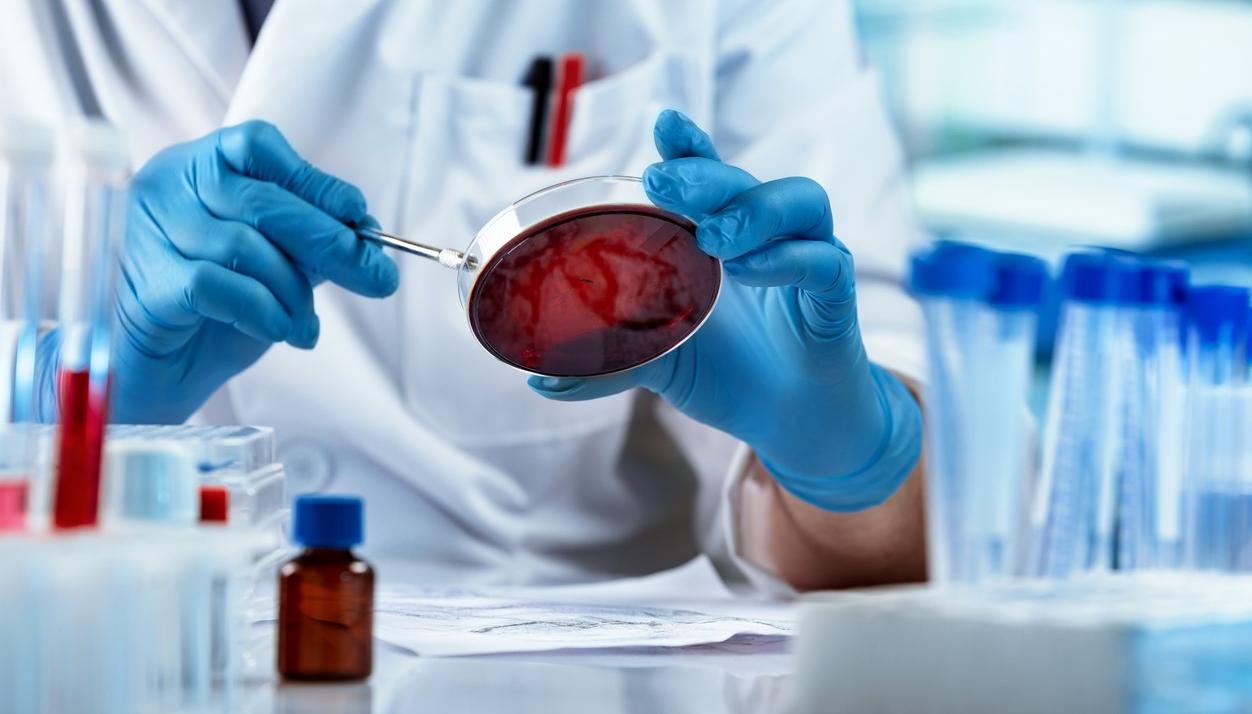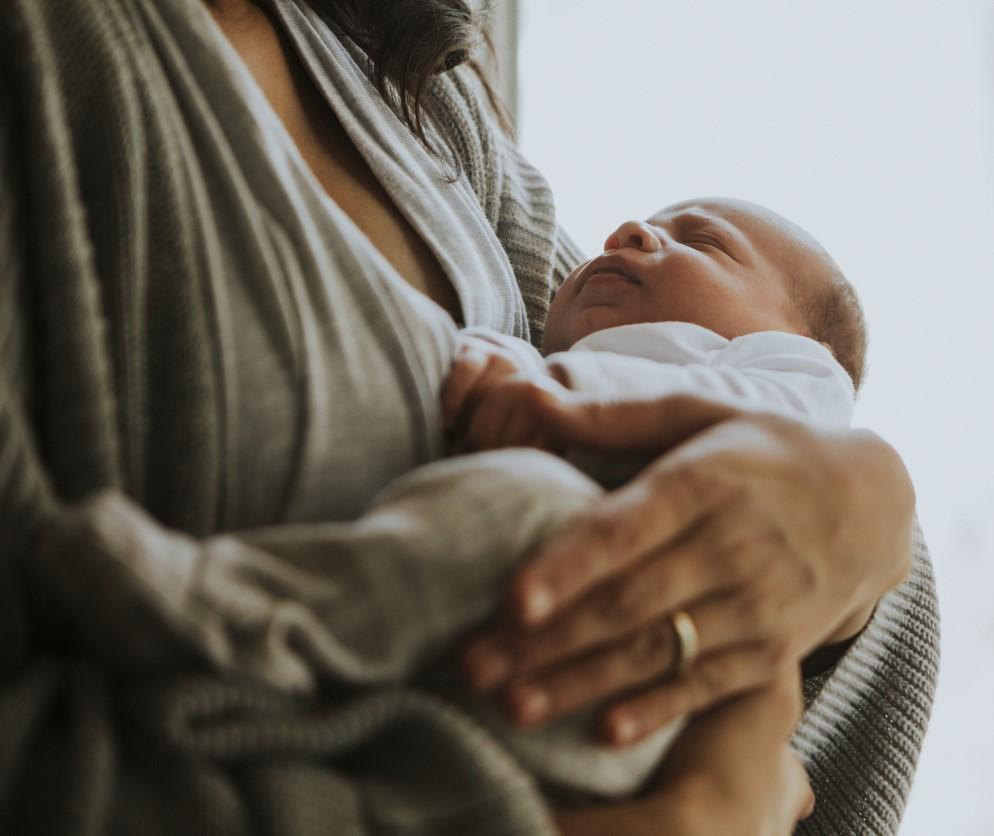
The World Health Organization (WHO) last week launched an effort to strengthen global diagnostic capacity and support access to safe, affordable, and quality-assured diagnostics.
In a policy brief, the WHO said the Antimicrobial Resistance (AMR) Diagnostic Initiative aims to "bring diagnostics to the forefront" of the global response to antimicrobial resistance, help countries strengthen microbiology laboratory capacity, support antimicrobial stewardship and infection prevention and control, enhance routine surveillance, and achieve equitable access to quality testing for common bacterial and fungal pathogens and associated AMR.
The initiative was developed by the WHO to help World Health Assembly member states address commitments made in 2023 to strengthen diagnostic capacity. The agency notes that for nearly half the global population, access to reliable and timely laboratory test results is severely limited, with only 1% to 2% of clinical laboratories in sub-Saharan countries undertaking bacteriology testing. Mycology testing is even more limited.
"Appropriate and rapid diagnosis of bacterial and fungal infections and associated resistance is of paramount importance for guiding appropriate clinical management and rational selection of antimicrobial therapy, monitoring infections and treatment response, and carrying out antimicrobial stewardship initiatives, infection prevention and control measures, investigating outbreaks and emerging threats, and monitoring the burden of antimicrobial resistance," the WHO said.
"Without equitable access to quality-assured diagnostics and laboratory services, antimicrobial resistance will be allowed to spread silently within and across countries," it added.
Building blocks
The ability to provide essential bacteriology and mycology laboratory services is hindered by a shortage of clinical microbiologists and lab technicians, the high cost of supplies and equipment, and inadequate infrastructure, the agency said.
To overcome these challenges and strengthen global diagnostic and laboratory capacity, the policy brief lays out four "building blocks" for the initiative. These include a strategic and operational framework to set standards and provide implementation guidance; standardized assessment tools for monitoring and reporting bacteriology and mycology laboratory services capacity at national and global levels; a global AMR laboratory network that includes laboratories designated by the WHO for bacteriology, mycology, and susceptibility testing at national, supranational, and specialized levels; and research and innovation in AMR diagnostics.

.jpg)

















